Table of Contents
How does Education Affect Mental Health?
Education plays a profound role in shaping individuals’ mental health and well-being. This article explores the intricate relationship between education and mental health, delving into the various ways in which educational experiences impact our psychological resilience, cognitive functioning, and overall emotional stability. Let’s embark on a journey to uncover the profound effects of education on mental well-being.
The Impact of Educational Experiences
Education serves as a cornerstone of personal development, providing individuals with essential skills, knowledge, and opportunities. However, beyond academic achievements, educational experiences profoundly influence mental health in several ways:
- Emotional Regulation: Education fosters emotional intelligence, enabling individuals to navigate stress and adversity effectively.
- Cognitive Development: Learning enhances cognitive abilities, promoting critical thinking and problem-solving skills that contribute to mental resilience.
- Social Integration: Educational settings facilitate social interactions, fostering social skills and a sense of belonging that are vital for mental well-being.
These factors collectively shape individuals’ psychological makeup and contribute to their ability to cope with life’s challenges.
The Role of Stress in Educational Environments
While education offers transformative benefits, it also presents unique stressors that can impact mental health. Academic pressures, performance expectations, and social dynamics within educational settings can lead to:
- Anxiety: High-stress levels associated with academic demands can trigger anxiety disorders among students.
- Depression: Persistent stress and social pressures in educational environments may contribute to depressive symptoms.
- Burnout: Overwhelming academic workload and pressure can lead to burnout, affecting mental and physical well-being.
Understanding these stressors is crucial for developing supportive educational systems that prioritize mental health.
Despite the challenges, education remains a potent tool for promoting mental wellness and resilience when integrated with supportive strategies and resources.
Empowering Strategies for Mental Health
Integrating mental health education and support services within educational institutions is vital for fostering well-rounded individuals. Key strategies include:
- Incorporating Mindfulness: Teaching mindfulness practices can enhance emotional regulation and reduce stress levels among students.
- Promoting Social Connections: Encouraging inclusive environments that foster supportive relationships and reduce feelings of isolation.
- Providing Counseling Services: Offering accessible counseling services for students to address mental health concerns.
By implementing these strategies, educational institutions can promote holistic well-being and empower individuals to thrive academically and mentally.
Frequently Asked Questions (FAQs)
Q: How can educators support students’ mental health?
A: Educators can promote mental health by fostering open dialogue, providing resources, and normalizing seeking support.
Q: What role does curriculum play in mental health education?
A: Curriculum design can integrate mental health literacy, promoting awareness and resilience among students.
Unlocking the Potential of Education for Mental Wellness
Education is not merely a means to acquire knowledge; it is a transformative journey that significantly impacts mental health. By recognizing and addressing the complexities of this relationship, we can harness the power of education to nurture resilient, well-balanced individuals.
Explore more about mental health and mindful living on Ryzest’s Mental Health and Mindful Living resources.

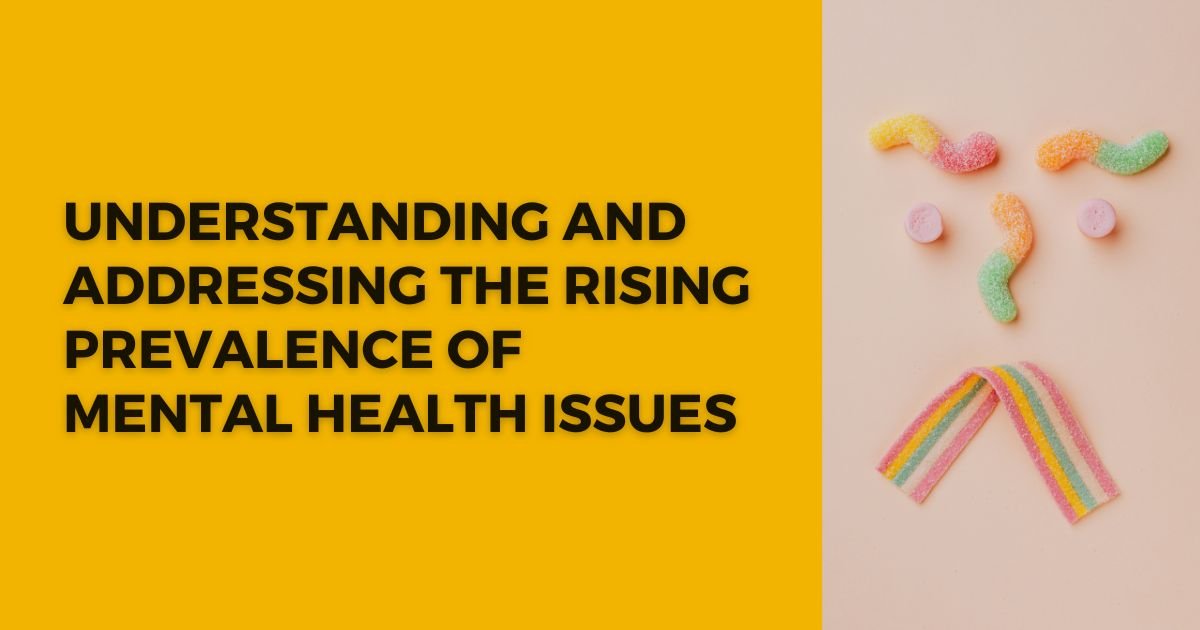



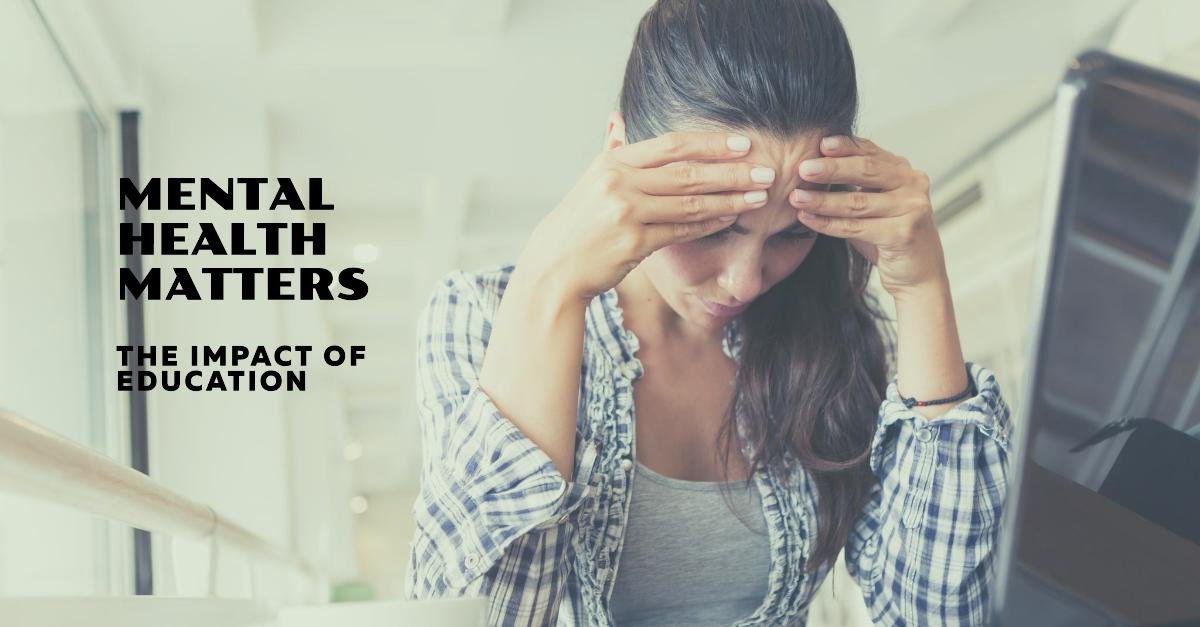
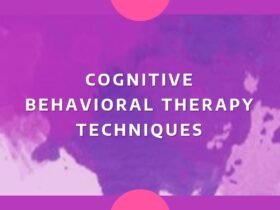




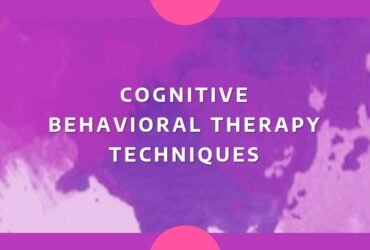
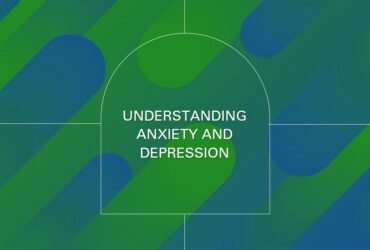
Leave a Reply
View Comments